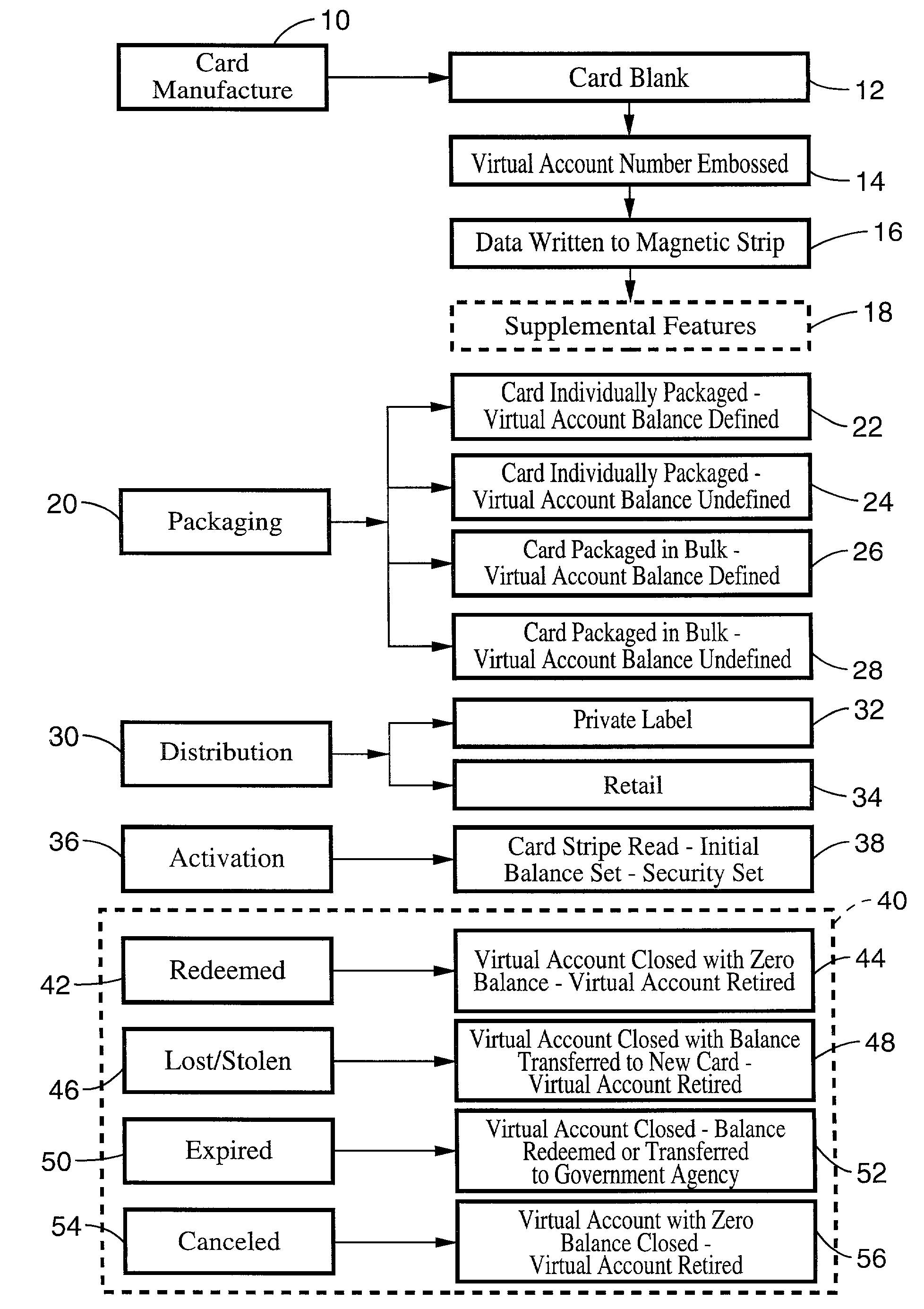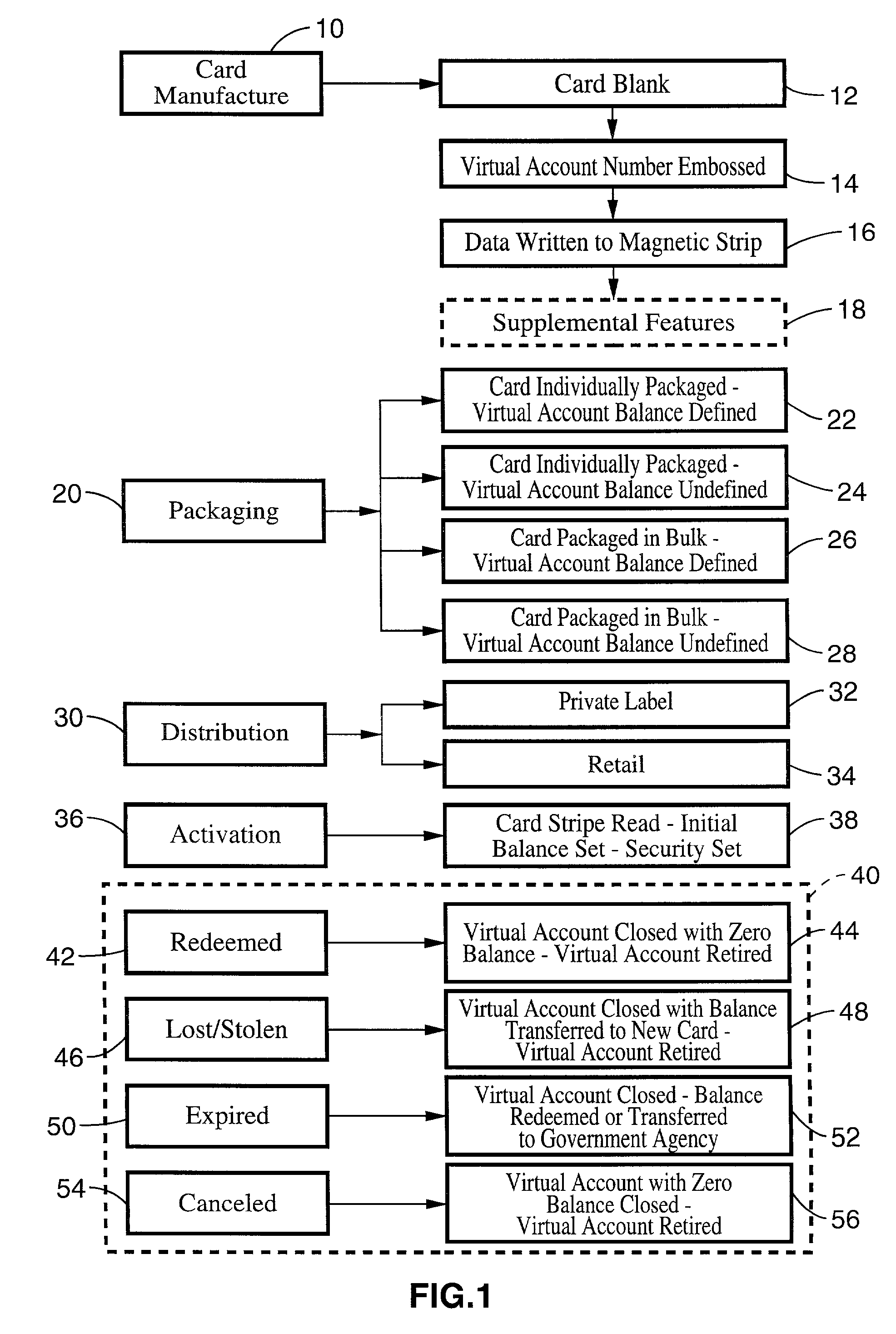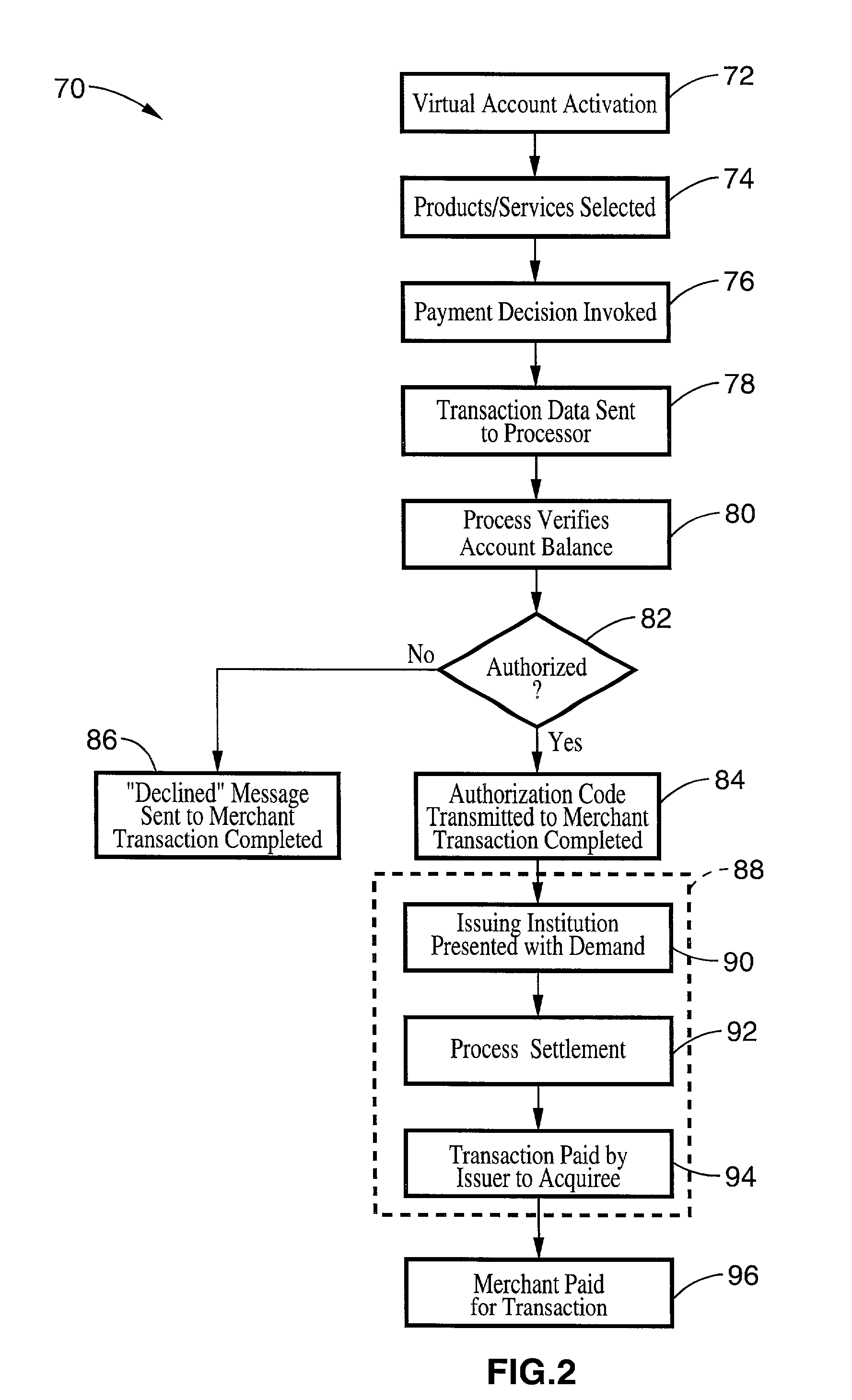As a result of these qualification issues, many individuals are unable to qualify for a checking account and, therefore, are unable to obtain an associated
debit card.
However, it will be appreciated that additional qualification requirements must be met for these credit extension services, and individuals that do not qualify for a checking account will generally not qualify for these services.
A number of persons who technically qualify for a checking account may lack either the ability or the discipline to maintain accurate transaction records or modulate spending in accord with their available funds, leading therefore to overdrafts and the concomitant fees and eventual rejection of the transaction for non-sufficient funds (NSF).
Prospective cardholders may also lack acceptable identification or access to the
bank itself for the posting of covering deposits.
In addition, the checkbook of an individual may be stolen and the checks contained therein illegally tendered to access the account of the individual for executing a fraudulent purchase transaction.
Bank losses as a result of theft and fraud are becoming increasingly significant, and these costs are borne by the fees paid by the transaction parties executing valid transactions.
For example, the unauthorized use of a lost or stolen
credit card typically subjects the cardholder to a maximum liability of fifty dollars ($50).
However, the cardholder of a
debit card which is subject to regulations under the federal Electronic Fund Transfer Act may have a legal liability which can greatly exceed fifty dollars ($50).
Moreover, the liability outside of these conditions may include the entire balance of the checking account, and may include losses associated with
overdraft lines of credit.
The cost of
processing a physical check exceeds that of
processing a debit card, however, the charges levied on participants utilizing a debit card are typically in excess of those collected for utilizing checks.
Debit card transactions are more difficult for a cardholder to
record than a checking transaction, as a register and writing implement are necessary along with a separate action to
record the transaction.
Debit card transactions are thereby often not recorded in a timely manner, wherein the cardholder has a higher probability of entering an
overdraft non-sufficient funds (NSF) situation for which additional penalty fees and percentages may be recovered by the
bank.
The merchant, therefore, does not fully benefit from the whole value of the
certificate.
A primary limitation of gift cards is their inability to be utilized for making purchases with different non-related merchants.
It will be appreciated that the electronically enabled forms of payment cards are generally subject to similar usage processes and problems as their aforementioned plastic card counterparts.
It will be appreciated, however, that the use of
smart card technology poses a number of serious problems.
One problem is with the
vulnerability of the data encrypted within the device.
Applications, such as e-purse and electronic wallets, which rely on the
physical security of smart cards, may be vulnerable to
attack and the risk of attendant loss associated with fraud.
The cash card device does not, however, provide the capacity for account reconciliation, nor does it provide an audit trail.
Stored value cards typically suffer from a lack of safeguards which are currently inherent within traditional
payment card processing architectures.
Charge-backs result when the issuing institution refuses the transaction, as a result of which a charge is posted to a
merchant account which reverses the original transaction and is often subject to additional charge-back fees.
 Login to View More
Login to View More  Login to View More
Login to View More 


